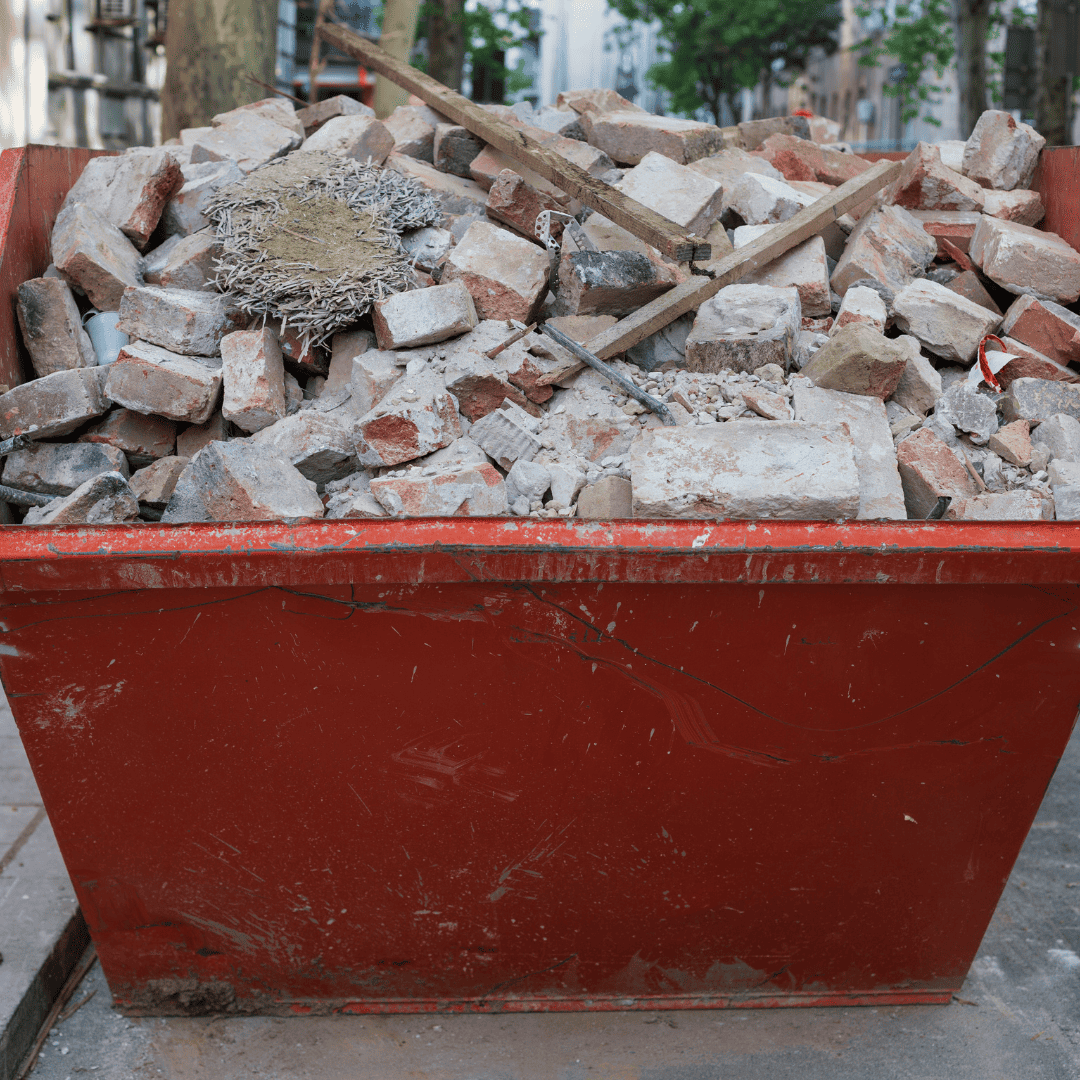Recycling plays a crucial role in sustainable rubbish removal by diverting waste from landfills, conserving resources, and reducing the environmental impact of waste disposal. Embracing recycling as a core component of waste management practices is essential for achieving a more sustainable and eco-friendly approach. In this article, we will explore the significance of recycling in sustainable rubbish removal and its positive effects on the environment.
Waste Reduction and Diversion:
One of the primary benefits of recycling is waste reduction and diversion. Instead of sending materials to landfills, recycling allows for the recovery and reprocessing of valuable resources. By diverting recyclable materials such as paper, plastics, glass, and metals from the waste stream, recycling minimizes the volume of rubbish that ends up in landfills.
Resource Conservation:
Recycling conserves valuable resources by reducing the need for raw material extraction. Many products, such as paper, plastics, and metals, can be recycled and transformed into new items. By recycling these materials, we reduce the demand for virgin resources, lower energy consumption, and decrease the associated environmental impact of resource extraction and manufacturing.

Energy Savings and Emissions Reduction:
Recycling often requires less energy compared to producing goods from raw materials. Manufacturing products from recycled materials generally consumes less energy, resulting in reduced greenhouse gas emissions. By promoting recycling, we contribute to mitigating climate change and reducing our carbon footprint.
Water and Land Preservation:
Recycling helps preserve water resources and protects natural landscapes. The extraction and processing of raw materials, such as timber and ores, often involve significant water consumption and land disturbance. By recycling materials like paper, cardboard, and metals, we conserve water and reduce the need for land-intensive extraction activities.
Pollution Prevention:
Recycling plays a critical role in pollution prevention. When waste is disposed of in landfills, it can produce harmful gases, leachate, and greenhouse emissions. By diverting waste through recycling, we prevent the release of pollutants into the air, soil, and water. Recycling also reduces the need for incineration, which can generate air pollutants and ash residues.
Economic Benefits and Job Creation:
Recycling offers economic advantages and job creation opportunities. The recycling industry supports a range of jobs, from collection and sorting to processing and manufacturing. Moreover, recycling reduces waste management costs for municipalities and businesses by lowering landfill usage and associated expenses. It also fosters a circular economy, where recycled materials are reintegrated into the production cycle, creating a sustainable and efficient economic model.
Community Engagement and Education:
Promoting recycling requires community engagement and education. By raising awareness about the importance of recycling and providing accessible recycling infrastructure, communities can actively participate in sustainable rubbish removal efforts. Educational initiatives, such as recycling campaigns, workshops, and school programs, help foster a recycling culture and encourage responsible waste management practices.
Recycling plays a pivotal role in sustainable rubbish removal by reducing waste, conserving resources, minimizing pollution, and fostering economic growth. By embracing recycling as a core component of waste management practices, we contribute to a healthier environment, reduced greenhouse gas emissions, and the preservation of natural resources. Individual actions and collective efforts towards recycling are essential for building a more sustainable future and creating a circular economy that promotes responsible rubbish removal practices.
